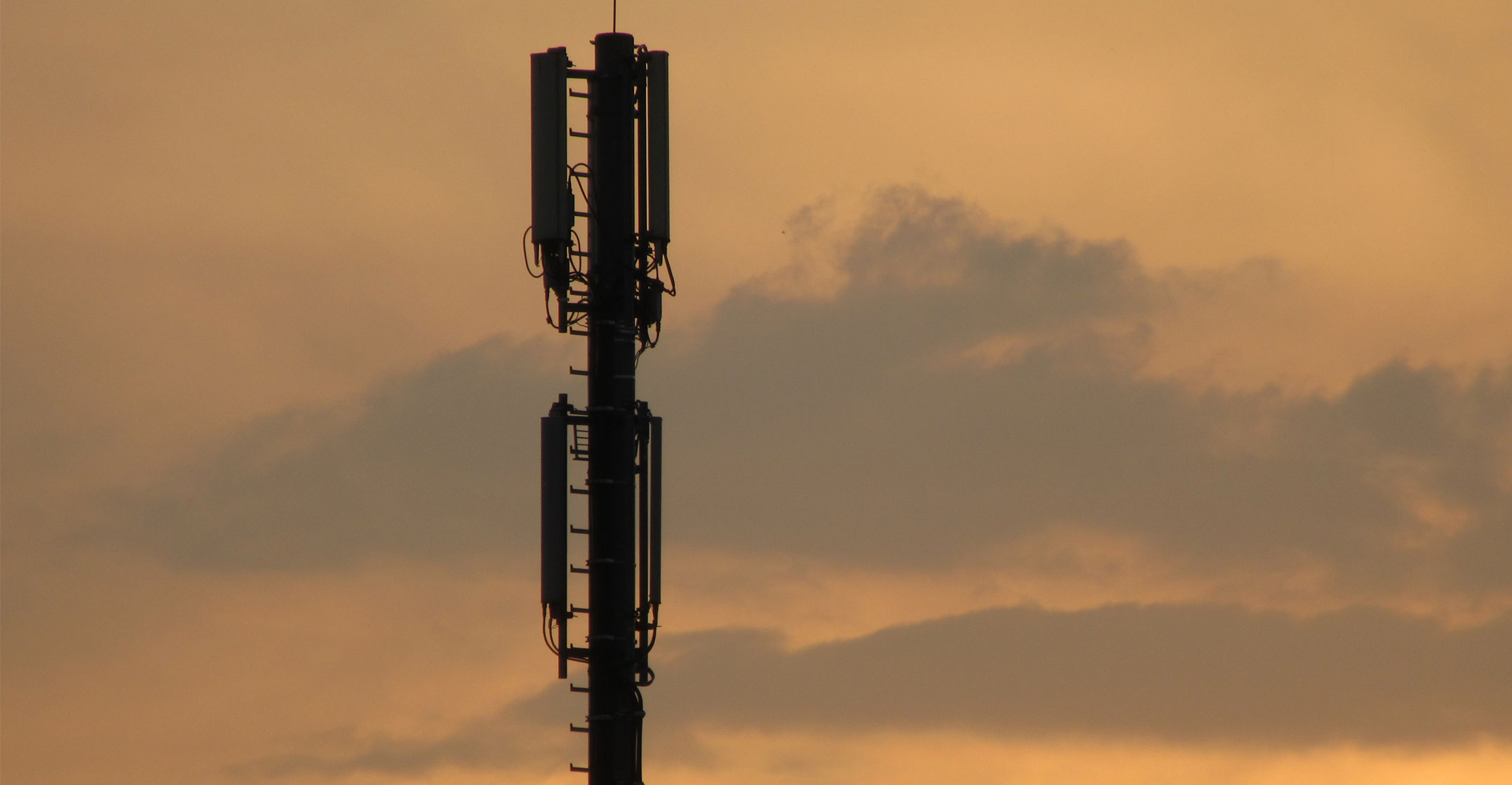 Nigeria’s telecommunications regulator has ordered mobile phone users to link their devices to their national identity numbers, raising the prospect of millions of lines being blocked.
Nigeria’s telecommunications regulator has ordered mobile phone users to link their devices to their national identity numbers, raising the prospect of millions of lines being blocked.
Subscribers have until 31 December to comply with the requirement, the Nigerian Communications Commission said in a statement on Tuesday on its website. Failure to do so will result in their phone lines being cut off in January, it said.
Nigeria had about 196 million active phone lines as of June 2020, NCC data shows. At the same time, only 41.5 million Nigerians had the required identity numbers, according to information on the website of the National Identity Management Commission, which is in charge of registrations.
MTN Group’s local unit is the biggest wireless operator in the West African country. Airtel Africa, which listed in Lagos and London last year, vies with local operator Globacom to be the country’s second biggest carrier.
While the Association of Telecommunications Companies of Nigeria supports the regulator’s plan, the deadline needs to be extended for it to be implemented properly, said Ike Nnamani, the president of the industry lobby group. Nigerian lawmakers passed a resolution on Wednesday advising the NCC to extend the deadline by 10 weeks.
“We feel it’s the right thing to do, but it has to be done the right way so there is no disruption to the way of life of the citizens,” Nnamani said.
Deadline
The deadline may be extended by as much as six months, which should give the country enough time to implement the plan, said Tajudeen Ibrahim, an analyst at Chapel Hill Denham in Lagos.
In a bid to clampdown on the use of unregistered lines, the NCC in 2015 fined MTN for failing to disconnect undocumented Sim cards as part of a security crackdown. The matter was resolved a year later, when the company paid US$859-million after extensive negotiations.
Telecoms is one of Nigeria’s fastest-growing industries. It expanded 17% in the third quarter, according to statistics office data. — Reported by Anthony Osae-Brown and Tope Alake, (c) 2020 Bloomberg LP




